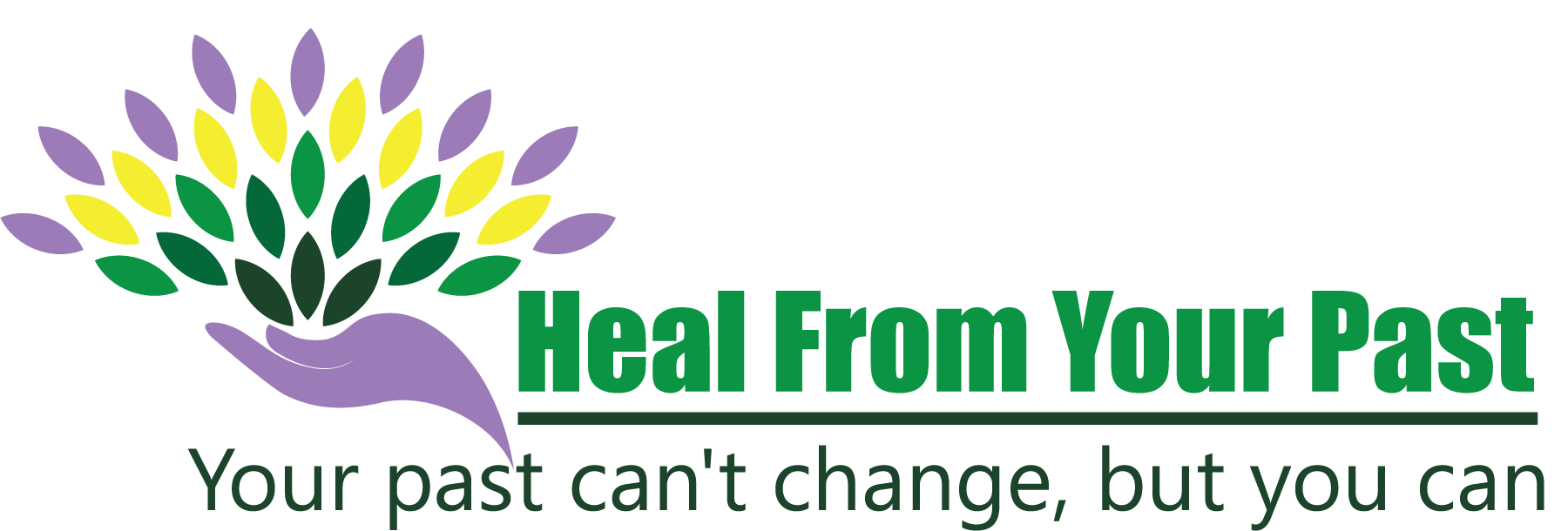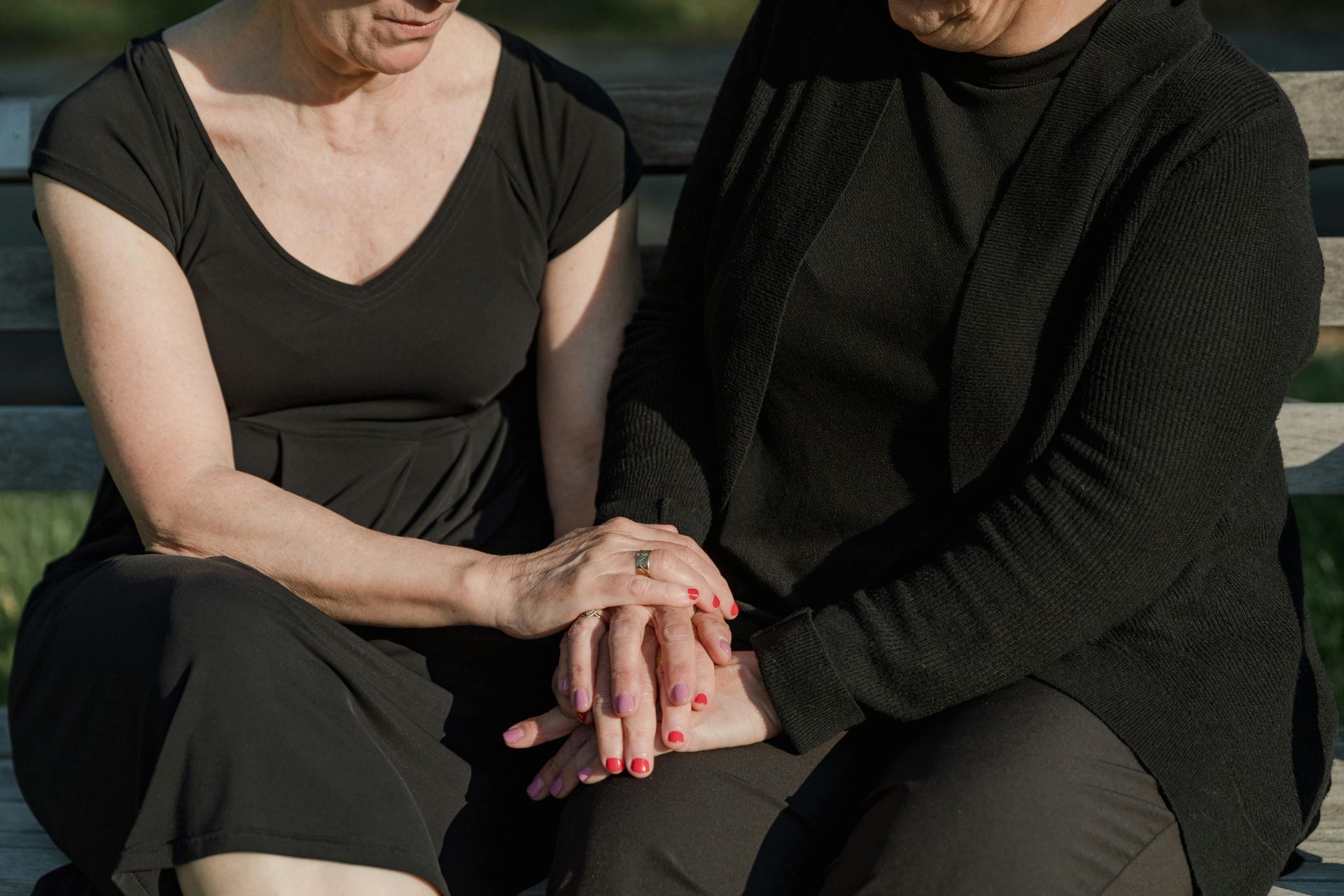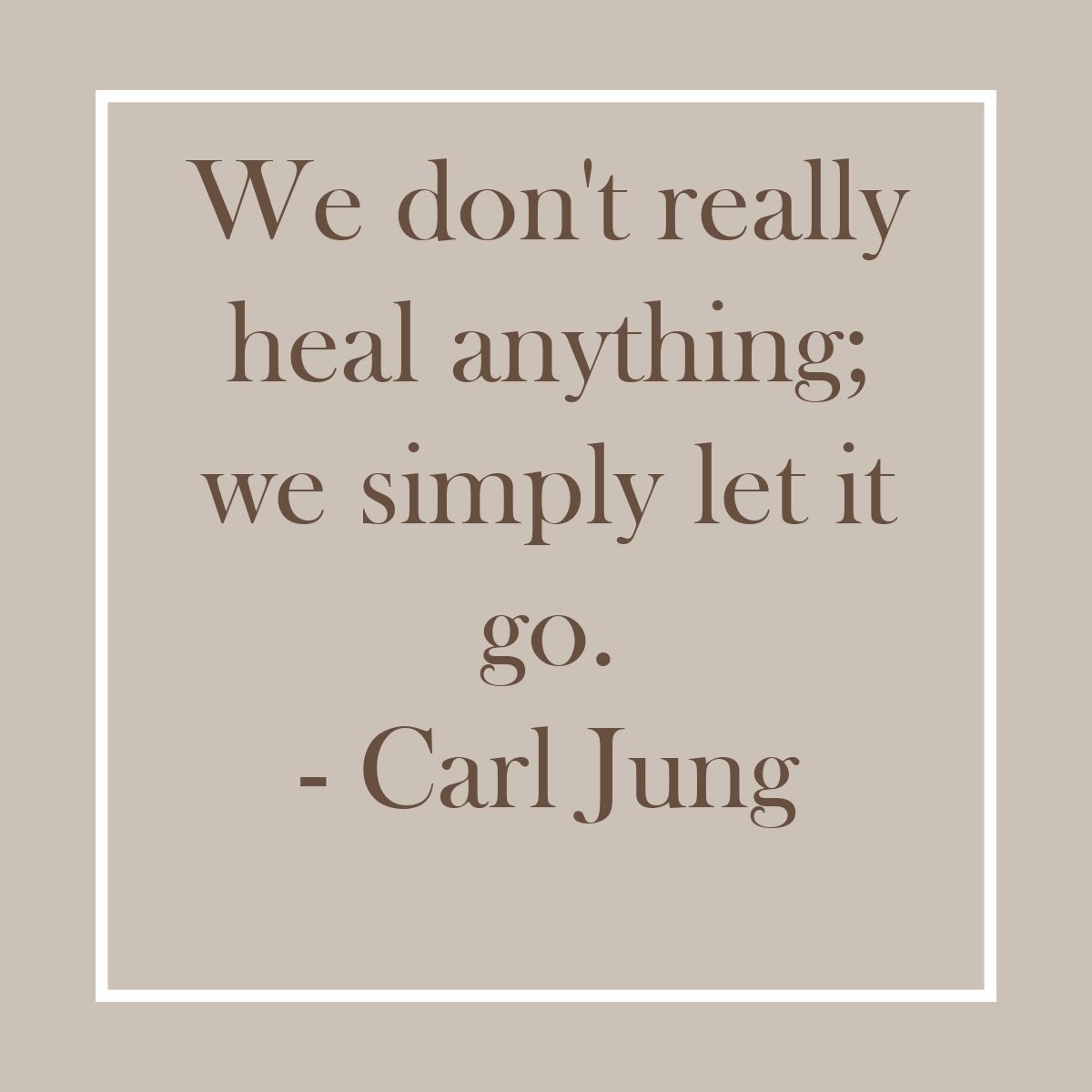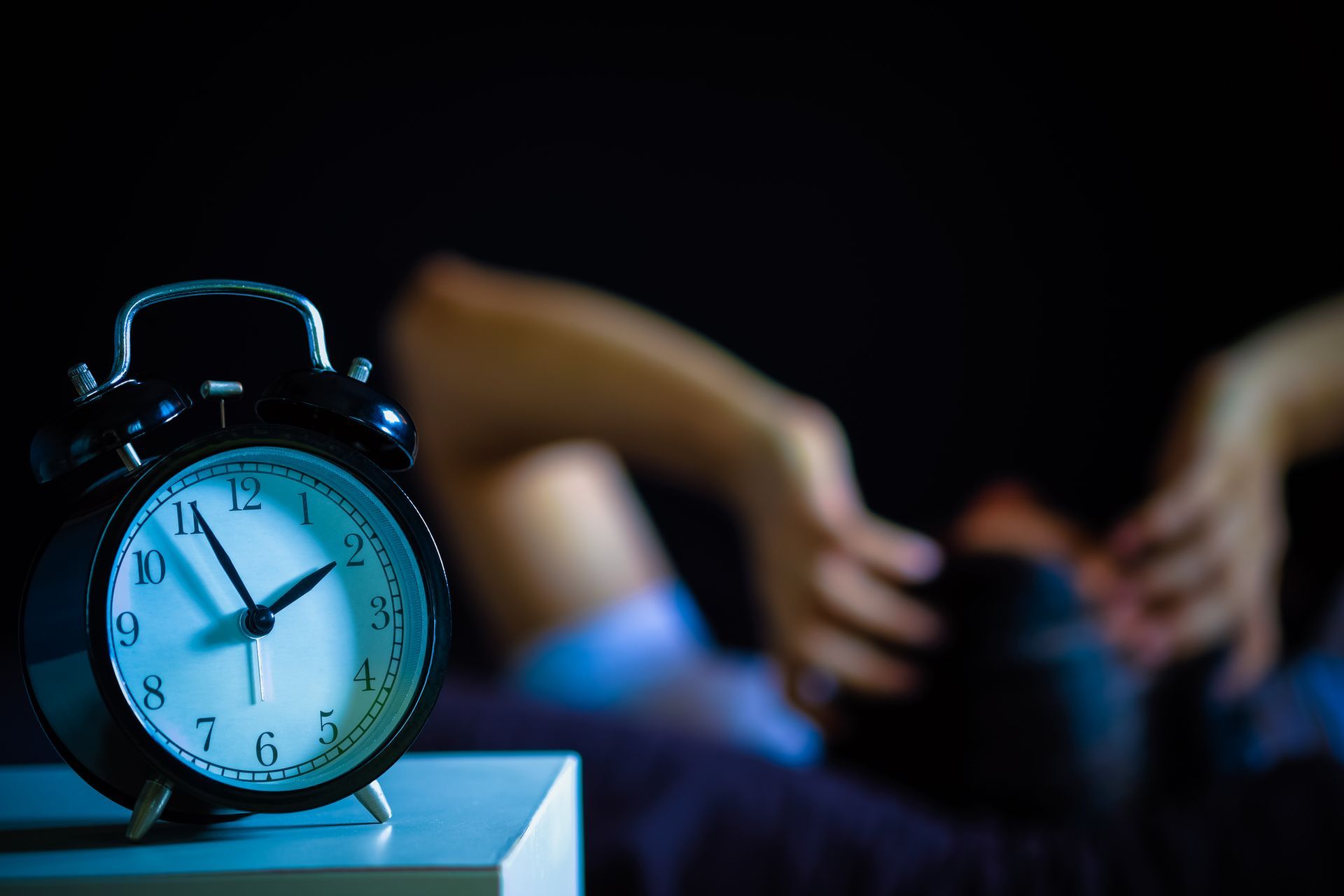Snack more after exercise? Depends on how much fun it was.
 Scenario one: You’ve just logged in an hour of exercise by going walking around the neighbourhood. You’re proud of yourself for fitting time for it in your schedule. That justifies a small reward, doesn’t it? An after-dinner treat, perhaps? Or maybe a cookie at snack-time, instead of a piece of fruit?
Scenario one: You’ve just logged in an hour of exercise by going walking around the neighbourhood. You’re proud of yourself for fitting time for it in your schedule. That justifies a small reward, doesn’t it? An after-dinner treat, perhaps? Or maybe a cookie at snack-time, instead of a piece of fruit?
Scenario two: it’s a couple days before Halloween and the family wants to look at all the houses with their spooky decorations, so you walk around for an hour, having a good time taking in the sights.
The interesting thing to note about the two scenarios is they are exactly the same, except the first one is perceived as “exercise” while the second is “fun”. And a new study published in Marketing Letters reveals that when we define an activity for ourselves as “exercise” we are more likely to later reward ourselves with a treat, or a larger portion of one, than if we simply engage in the activity for the enjoyment of it.
For instance, let’s look at one of the experiments in the article. Study participants were divided into two groups, both of which were being asked to walk 1 mile, but provided with different incentives. Half of the participants were asked to walk the mile purely for the purpose of exercise, with instructions to rate their energy level at each of 6 points along the route. The second group was given mp3 players and asked to listen to music and at each of those 6 points on the route, rate the clarity of the music reception. The first group, who perceived the activity as “exercising” consumed larger portions of pudding and regular pop afterward than the other participants who found the experience to be more “fun”. In both cases, the energy expenditure was the same, but the desire for a pleasurable reward is triggered less often when the activity itself has been enjoyable compared to when the individual felt like it was work.
Three separate experiments were conducted in the study, all exploring this idea in various ways. It’s well worth the read.
For me, the take-home message here is two-fold. One, we should aim to make physical activity as enjoyable as possible: listening to music while walking; watching TV while on the treadmill; and engaging in activities that allow us to simultaneously be social with friends, for example; the more intrinsically fun it is, the better our mood afterward, and the less we seek compensation through food. And second, if we do choose to exercise for the sake of exercise, we should be aware of the natural tendency we have to eat more afterward and monitor ourselves to prevent this behaviour.
What are your thoughts on this? Have you noticed this tendency in yourself? I’d love to hear from you!













